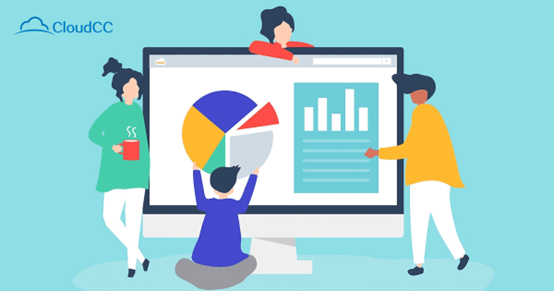
What Is CRM Software Tool Used For
January 7, 2025CRM software is a powerful tool used by businesses to manage and improve their interactions with customers, clients, and sales prospects. The primary function of a CRM system is to centralize customer data, streamline processes, and enhance customer satisfaction by offering personalized experiences. But what exactly does CRM software do, and how can it benefit businesses?
At its core, a CRM tool helps businesses organize and track customer information, such as contact details, past interactions, purchase history, and preferences. This centralized data allows companies to have a clear and holistic view of their customers, making it easier to identify opportunities, resolve issues, and improve relationships.
CRM systems are used for various purposes, including:
Sales Management: CRM tools help sales teams track leads, manage pipelines, and automate key tasks. This ensures a more efficient sales process and improves the ability to close deals faster.
Customer Support and Service: CRM systems help customer service teams resolve issues quickly by providing detailed customer histories and previous interactions. This reduces response time and enhances the customer experience.
Marketing Automation: With CRM software, businesses can segment their customer base and create targeted marketing campaigns. The ability to track customer behavior and preferences allows for more personalized messaging, increasing engagement and conversion rates.
Data Analysis and Reporting: CRM tools provide businesses with powerful analytics and reporting features, helping them monitor performance, identify trends, and make informed decisions.
Collaboration and Communication: CRM software allows teams to share information, collaborate on tasks, and track progress, ensuring seamless communication across departments.
In short, CRM software helps businesses nurture stronger relationships with customers, enhance productivity, and drive growth. By automating repetitive tasks, streamlining workflows, and providing valuable insights, CRM tools have become indispensable for businesses aiming to maintain a competitive edge in today's customer-centric market.









